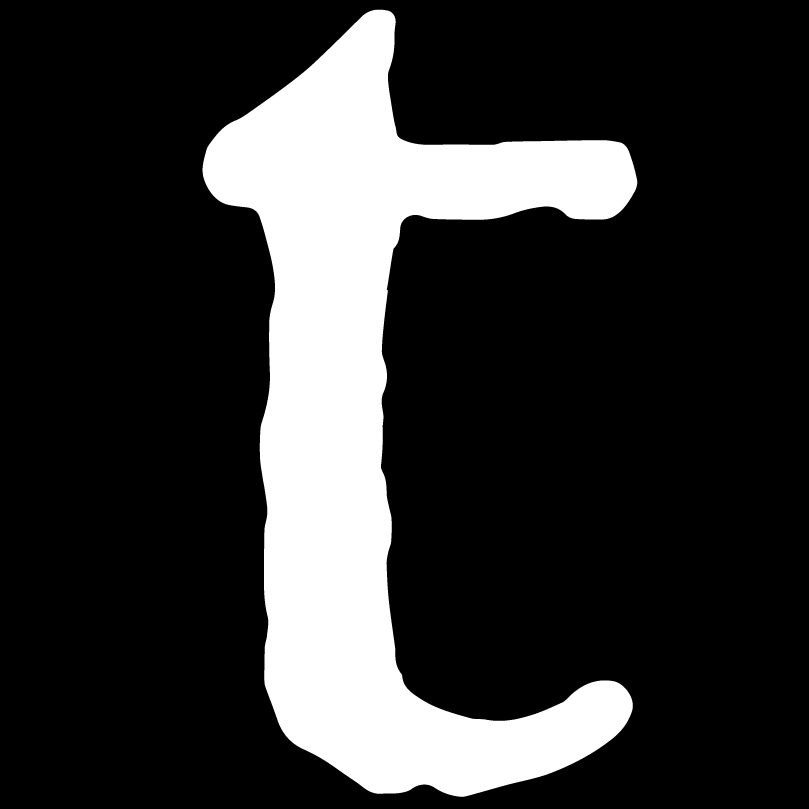
Right-Wing March Incites Protest in Israeli Town
Patrick Martin -o The Globe and Mail
Um al-Fahm, Israel - In a scene reminiscent of earlier intifadas, hundreds of Palestinian youths hurling stones and epithets battled hundreds of Israeli special police wielding shields and tear gas on the outskirts of this Arab town Tuesday.

Israeli far-right leader Baruch Mazel (left) leads a provocative march near the Israeli Arab town of Umm al-Fahm, March 24, 2009. (Photo: Debbie Hill / UPI)
This time, however, the clash occurred not in the West Bank or Gaza, but inside Israel.
The Arab-Israelis of Um al-Fahm were infuriated by a march on their town of about 80 right-wing Israeli nationalists. The Jewish Israeli marchers, led by the outspoken Baruch Marzel, former leader of the banned Kach party, were determined to wave the Israeli flags in the face of the town's residents.
Mr. Marzel said the marchers wanted to send "a message to the terrorists of this place ... that this is the land of Israel. And we will deal with terrorists here the way we dealt with them in Gaza."
Defiant marchers and inflamed Arab residents traded insults as the Jewish Israelis marched past.
One Arab woman threw a shoe from her rooftop toward the marchers.
"Why do they do this?" asked Mohammed Saba, owner of one of the dozen or so homes on the route.
"We've lived together in peace for years. The people of Mei Ami are friends," Mr. Saba said, referring to a nearby Jewish-Israeli community. "They come to my home. I have no problem."
"If Marzel came in peace, I'd make him coffee too," he said. "But he doesn't."
Two doors away, Ahmed Jabarin, who was a child when Israel was formed, was less charitable. "This is our land," he said. "We live in Israel because they conquered it. But we don't have to like it."
"This march, they make it like Germany here," he said "Only they are the Nazis and we are the Jews. They should know better."
On the sideline between the two groups, a gaggle of peace activists huddled from the rain and the rocks, their eyes weeping from the tear gas. Sharon Dolev, from the nearby Jewish-Israeli town of Binyamina, was hit by a rock that cut the top of her nose.
"We're here to show we oppose provocations like this march," she said. "And we're here to make sure the police don't use live ammunition on these people."
Ms. Dolev's mother, Diana, added that "the mere presence of so many forces will incite people. It's all wrong."
At least three times before, the organizers had attempted to hold the march, but Israel's courts repeatedly ruled it was excessively inflammatory and said it would lead to violence and injury. This time it was permitted, once the police showed how they could deploy some 2500 personnel to prevent harm.
For the most part, the police did a remarkably effective job of maintaining order without any injury.
At 8 a.m. local time, they set up a police line across the road at the remote south-eastern entrance to the town. Black uniformed special police forces stood behind that line with shields and batons, backed up by police on horses. As the crowd grew, and chants of Allahu akbar rang out, the police held their ground.
At 10:05 a.m., the marchers set out from about 600 metres away. Two buses drove alongside as they marched.
Unexpected by both sides, police then parked one of their own buses across the road 100 metres before the police line preventing the marchers from getting close to the angry assembly of Palestinians.
As the march reached this new barricade, it ended abruptly. Marchers quickly boarded the buses, Mr. Marzel made a few remarks to reporters and, by 10:30 a.m., they were gone.
They left behind, however, hundreds of furious people who had been unable to directly confront the marchers. So they began to take out their anger on the police. Rocks began to fly towards the forces and, very quickly, loud sound grenades and tear gas were launched the other way.
An armoured water cannon was brought into position but its blast failed to reach the crowd of rock throwers.
As the residents held back, police began to carry out a staged withdrawal, and town leaders urged the crowd to disperse, but the youths would have no part of it.
Every step back the police took, the youths followed, until tear gas drove them back. When the smoke cleared away, they'd return, until they were driven back by police, often on horses.
The ebb and flow continued for two hours with neither side apparently willing to leave.
It is a mystery to some people why the police did not take the opportunity to get on their buses and go, pre-empting any further action by the mob.
"We didn't want to let them take over the road and block the traffic," police spokesman Yehuda Maman said, referring to the intersection half a kilometre away.
"We will stay in place there as long as necessary," he said.
At the end of the day, it seems that free speech and free expression had their way; no serious injuries were apparent, and the people of Um al Fahm will celebrate a victory.
It remains to be seen, however, what effect this memorable riot will have on already tense relations between Jewish and Arab Israelis.
